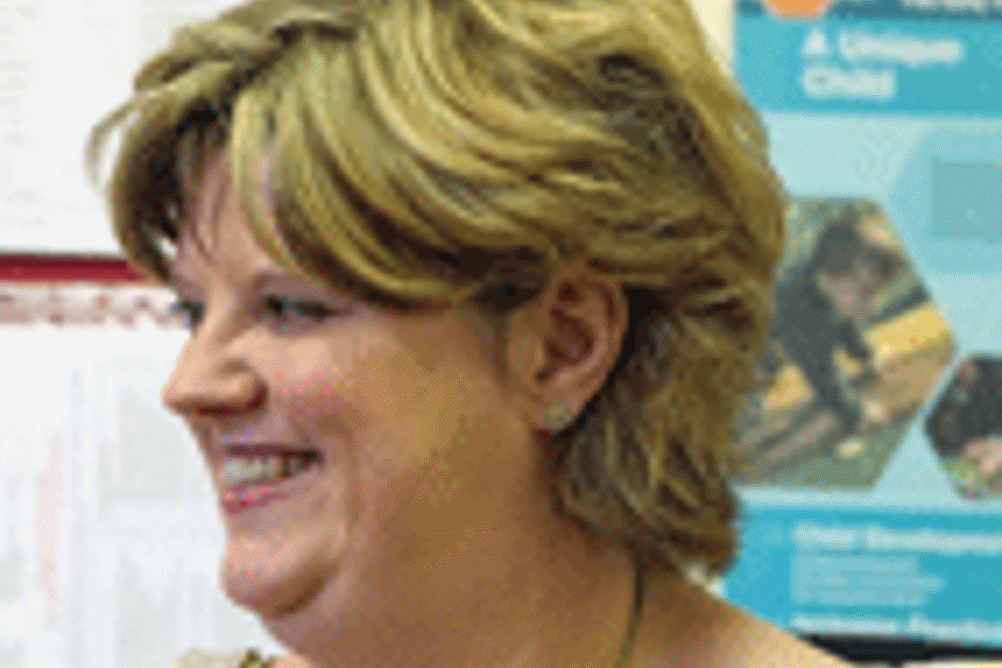
The Serious Case Review report following investigations into the child protection case at Little Teds Nursery in Plymouth highlighted the need for all early years settings to have regular one-to-one staff supervision by a trained supervisor. This was discussed further by Dame Clare Tickell in her review of the Early Years Foundation Stage and led to her recommendation for a requirement to provide supervision.
The DfE's revised EYFS Framework states that:
Supervision should provide opportunities for staff to:
SUPERVISION IN PRACTICE
Supervision has different meanings for many in the sector. For some it is seen as supervising a staff member as part of their induction into a new role. Others may see supervision as an integral part of performance management and appraisal. Still others view supervision as the role of the room supervisor in observing and managing staff who are working with children. Without a clear definition and understanding of what supervision in the early years sector looks like, there is likely to be some concern as to how supervision will be inspected by Ofsted.
Register now to continue reading
Thank you for visiting Nursery World and making use of our archive of more than 35,000 expert features, subject guides, case studies and policy updates. Why not register today and enjoy the following great benefits:
What's included
-
Free access to 4 subscriber-only articles per month
-
Unlimited access to news and opinion
-
Email newsletter providing activity ideas, best practice and breaking news
Already have an account? Sign in here









